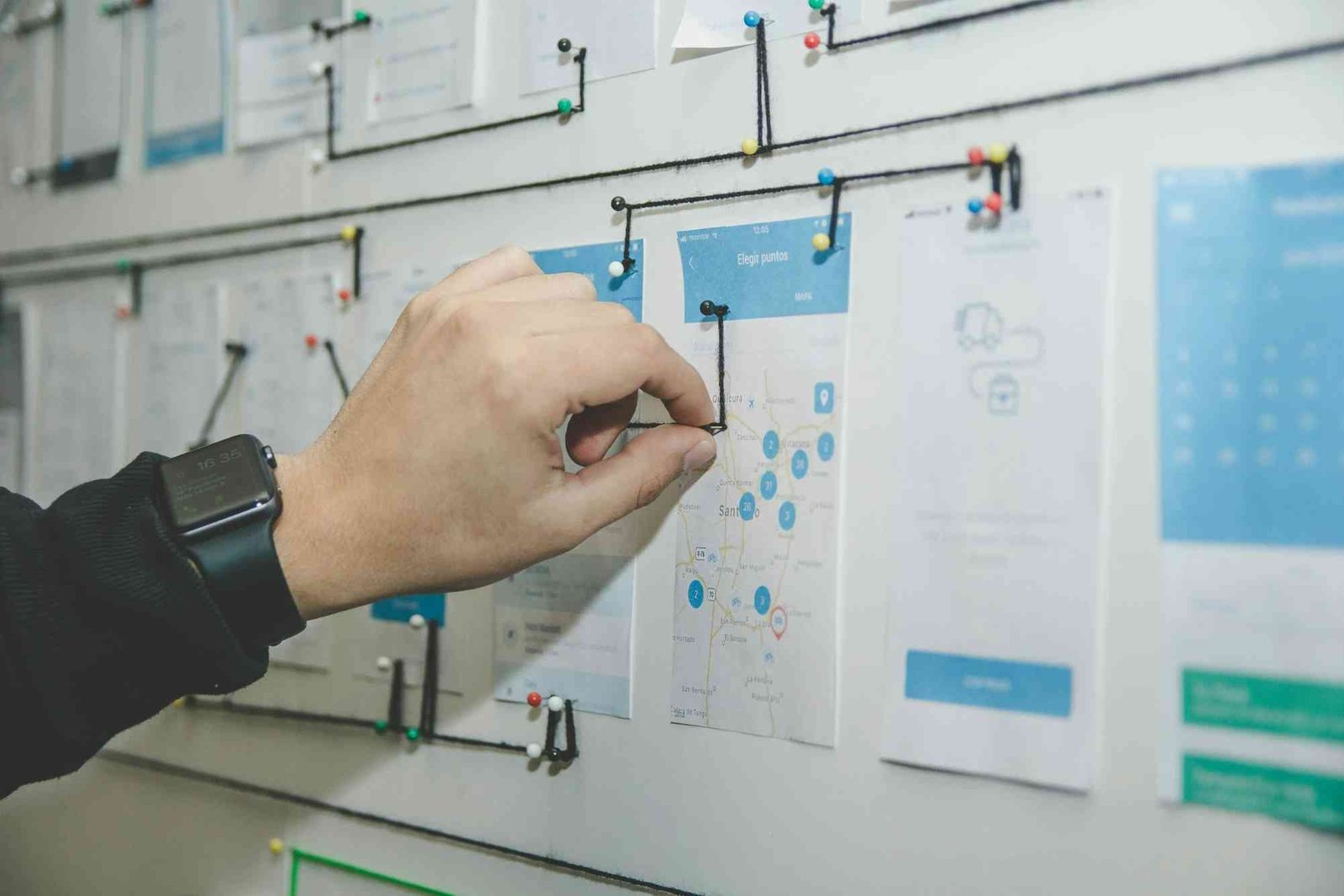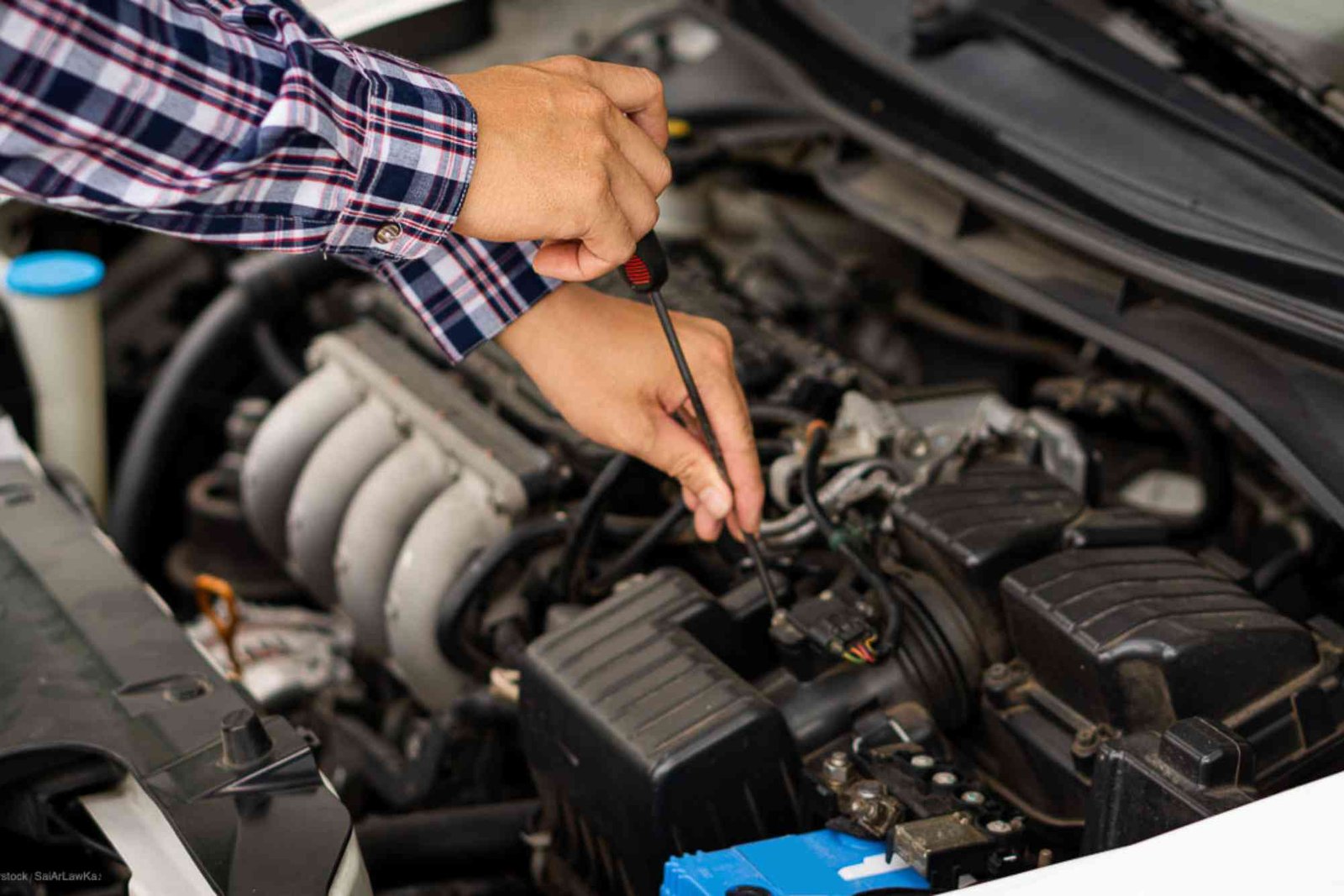Home improvements can increase the value of your property, but one of the most common questions homeowners ask is whether they can deduct the costs from their taxes. The good news is that in some cases, certain home improvements are tax-deductible, but not all of them qualify. Understanding which improvements can help reduce your tax burden is essential for homeowners looking to save money.
In this article, we’ll explore which home improvements are tax-deductible, how you can take advantage of these deductions, and how financial products like the HSBC Select credit card and the abdiaead swift code can play a role in managing your finances when making home improvements.
What Home Improvements Can Be Tax-Deductible?
1. Home Improvements That Increase Property Value
The IRS defines home improvements as upgrades that add value to your home, extend its useful life, or adapt it to new uses. These types of home improvements may be tax-deductible, but there are specific conditions you must meet to take advantage of these deductions.
Examples of tax-deductible home improvements include:
- Energy-efficient upgrades: Installing energy-efficient windows, doors, or insulation may qualify for a tax credit or deduction. These improvements are designed to reduce energy consumption, which can benefit both the environment and your wallet.
- Solar panels: If you install solar panels, you can claim the Residential Energy Efficient Property Credit. This tax credit allows you to deduct a percentage of the installation cost from your taxes.
- Home office improvements: If you use part of your home for business purposes, home improvements related to your home office may be tax-deductible. The expenses must be proportional to the amount of space you use for work.
- Renovations for medical purposes: If you make home improvements to accommodate a medical condition or disability, you may be able to deduct the cost of these improvements from your taxes. These might include installing ramps, widening doorways, or adding a chair lift.
HSBC Select Credit Card
When making home improvements, it’s crucial to have access to financial tools that help manage costs efficiently. The HSBC Select credit card is an excellent option for homeowners looking to manage expenses related to home upgrades. The card offers rewards, cashback, and flexible repayment terms, which can help you offset some of the costs of your renovations.
Using the HSBC Select credit card for purchasing supplies or covering home improvement costs ensures that you’re not only improving your property but also making use of financial tools that offer great rewards. Additionally, you can take advantage of the benefits of managing your renovation expenses without worrying about paying everything upfront.
2. What About Repairs?
It’s important to distinguish between home repairs and home improvements for tax purposes. While repairs, such as fixing a leaky roof or repairing a broken water heater, generally don’t qualify for tax deductions, improvements that add value to the home can.
Repairs are often necessary to maintain the current condition of the property, whereas improvements are enhancements that increase the property’s value or lifespan. While repairs may not be deductible, they can still be factored into your home’s cost basis for capital gains tax purposes if you decide to sell the home in the future.
3. Capital Improvements vs. Maintenance
Capital improvements are enhancements that increase the value of your home, while maintenance and repairs simply help maintain its current condition. Capital improvements are the ones that may qualify for tax deductions, while routine maintenance and repairs are not deductible in the year they are made.
For example, adding a new room to your house or upgrading your kitchen may be considered capital improvements. However, fixing a leaky faucet or repairing a broken appliance would be classified as repairs and would not qualify for tax deductions.
How Financial Products Can Help Manage Home Improvement Costs
Abdiaead Swift Code
When making international payments for home improvement supplies or services, understanding the abdiaead swift code can be incredibly helpful. The abdiaead swift code is used for cross-border wire transfers and ensures that your payments are processed efficiently and securely.
If you’re purchasing materials or hiring contractors from overseas, using the correct abdiaead swift code ensures smooth international transactions, helping you manage your budget for home improvements more effectively. By understanding and utilizing this code, you can avoid delays or complications when paying for goods or services from abroad.
Are Home Improvement Costs Deductible When Selling a Property?
While you can’t deduct home improvement costs in the year they are incurred, you can factor them into your cost basis when selling your home. The cost basis is the amount you invested in the property, including the purchase price and the cost of improvements made during ownership. When you sell the property, the cost basis is subtracted from the sale price to determine your capital gain.
If the improvements increase the value of the property, they will reduce your taxable capital gain when you sell the property. This can help minimize the amount of tax you owe on any profit from the sale.
Conclusion
Understanding which home improvements are tax-deductible can help you save money and make more informed decisions when upgrading your property. Whether you’re making energy-efficient upgrades, building a home office, or improving your property for medical purposes, certain improvements may qualify for tax deductions. However, it’s essential to differentiate between repairs and improvements to avoid confusion.
Tools like the HSBC Select credit card can help you manage the costs associated with your home improvements, while understanding the abdiaead swift code can assist you with international transactions. By leveraging these financial tools and understanding tax laws, you can maximize your savings and make your home improvement projects more affordable.








